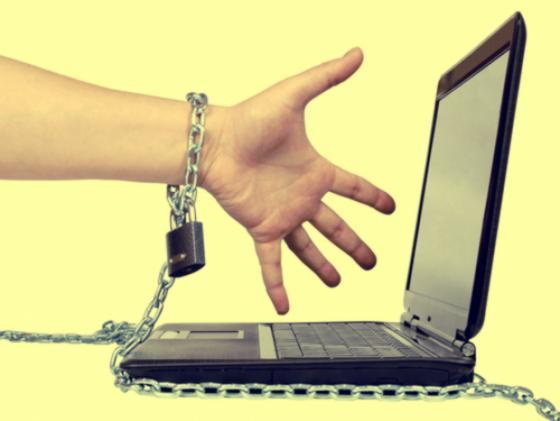It was 2011 when something unprecedented happened in Middle East. No, I am not talking about peace because it’s like a mirage in the desert. I am talking about Arab Spring that changed the course of future of many nations. It’s not the revolutions that make it special but way it engulfed country after country.
Much success of the revolution is attributed to the social networking sites such as Facebook and Twitter.
When the oppressive government of these countries controlled the media both electronic and paper, there was no space for an alternate view.
At that time the power of 140 characters crumbled the empires of some dictators who bathed in the ignominy of their oppression. People in Tunisia, Egypt, Libya, and seventeen others fought against their oppressive government regimes to put the power back in the hands of the people.
The Tunisians were able to overthrow longtime dictator Zine al-Abidine Ben Ali a few weeks after the protests began.
Egypt’s dictator Hosni Mubarak stepped down after just 18 days of mass protest.
The revolutions in these two countries were non-violent. When the revolution spread to Libya, it became violent and Dictator Muammar Gaddafi was brutally murdered. Similarly, protests became violent in Syria where the revolution is still occurring. When the space which was the sole monopoly of a section of media was eradicated, at that time social networks gave more power to the people. But that’s not the end of story; the point is that the social media which was a place where anyone could update his thoughts irrespective of his ideology is gradually falling in the jaws of censorship.
Yes, you read it right. Few days back Abhijeet’s twitter account was suspended just because he countered JNU student leader Shehla Rashid’s tweet against BJP (albeit in an abusive way). The BJP’s MP from Gujarat Paresh Rawal was “coerced by Twitter” to delete a tweet that targeted author Arundhati Roy. Noted musician Sonu Nigam also left twitter to show his solidarity with his colleague Abhijeet Bhattacharya.
It was not long back when RSS ideologue Rakesh Sinha’s twitter account was suspended when he tweeted on terrorism emanating from Pakistan and criticized it. These are just few examples where Twitter censored “Nationalist” voices. One common thing to note is that there was no use of abuse or any form of threat tweeted by them. Generally, this is the basis on which many accounts are suspended but simply that’s not the case here.
People like Shehla Rashid spew venomous tweets and yet they face no ban despite tweets that can instigate communal tensions. Then why there are daily new instances of suspended accounts that believe in “Nation first” ideology?
Mr. Raheel Khursheed was recently appointed by Twitter India as Head – News, Politics and Government. He is a Kashmiri journalist turned online activist. The thing that makes him interesting is his extreme political, social and religious views.
He has been a vocal critic of Prime Minister Narendra Modi in the past. He has made numerous slanderous tweets on several occasions bashing Modi for reasons that are beyond the logical barrier. Not only Modi he hates Guajrati with equal fervor. He does not stop here and makes derogatory remarks on holy Hindu festivals such as Navaratri. His tweets have hurt the feeling of millions of devout Hindus.
Now the zillion dollar question is why his account was not suspended? Who will decide what is to be shown to people and what is to be censored? Twitter was started with an aim of open and neutral platform for sharing ideas, views and information, has clearly deflected from its goal.
Raheel Khursheed’s remarks on Modi and his hatred for Hindus in general give an impression about his ideological bent. It causes suspicion as to how a person who is so ideologically biased against a religion and has demonstrated open hatred towards a constitutionally elected head of a state can be expected to be objective in his work.
Raheel Khursheed in the past has not only targeted Indians but has tried to fuel the flare of separatism through his tweets. He has also strong belief about Indian security forces and in the past has worked to demonize and demoralize Indian security forces and in a way threatened our national security.
As Twitter India head he has the authority to regulate the trending topics.
It may be possible that something with just few tweets may be trending rather than other topics which may have more tweets. In simple words Khursheed’s hatred is affecting the political discourse that happens on twitter.
With power comes responsibility. Alas! Twitter is on the path of print media that is controlled by few for vested interests. Its a shame that an individual who has strong anti-Indian feeling is now heading Twitter India. An online petition is being circulated which urges Dorsey to remove Khursheed from his post. These days idea of dissent is skewed. It has acquired a narrow idea where it is seen as trolling by the people who are on the other side of the political spectrum. It must refrain from suppressing voices and banning accounts for no reason at all or else within few days it would also be reduced to propaganda machine which are not different from media houses that act as a mouthpiece of a particular ideology.
Raheel tweets
On Modi:
On Religion:
